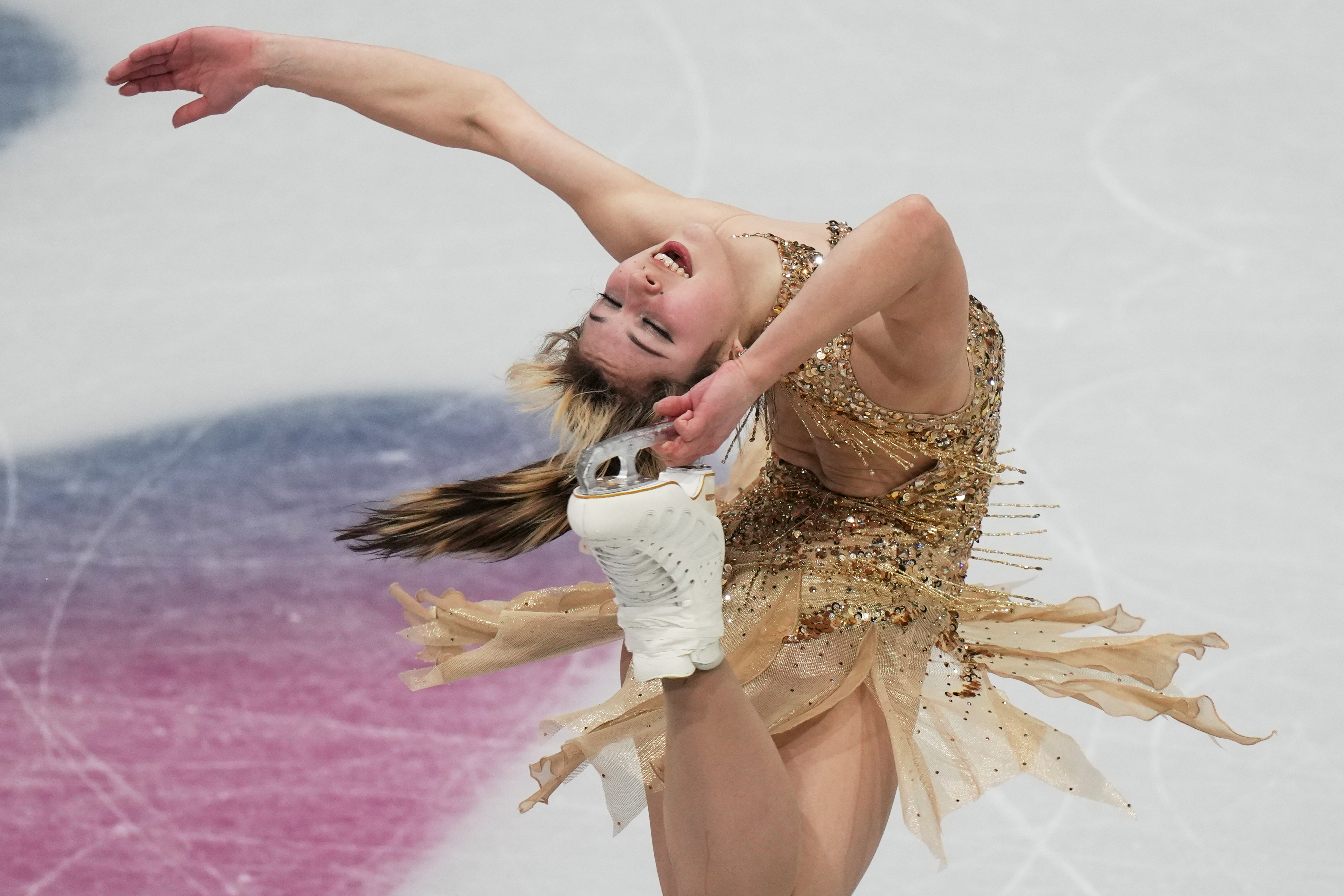The International Ice Hockey Federation announced that it will begin requiring players to use neck guards during all of its competitions. The IIHF did not say when the requirement will begin.
The IIHF hosts top international tournaments, including the World Championships, which frequently draw dozens of players from the NHL to compete on behalf of their national teams. The IIHF also hosts the popular World Juniors Ice Hockey Championship, which draws the world's best players age 20 or under.
The IIHF's announcement comes after former NHL player Adam Johnson died after taking a skate to the neck during a game in the English Ice Hockey Association. A player involved in the incident was charged with murder, but authorities in the U.K. did not release the suspect's name.
The English Ice Hockey Association announced it would require neck guards starting Jan. 1.

Chicago Blackhawks say Corey Perry engaged in unacceptable conduct
The Chicago Blackhawks said Tuesday Perry acted in violation of his NHL Standard Player Contract. The team has not discussed its reasoning.
Currently, the NHL does not require players to use neck protectors during games. The NCAA also does not require their use.
Hockey's national governing body, USA Hockey, said it continues to recommend the use of neck guards for all levels of competition. It also encourages the use of cut-resistant protective equipment for the neck and arms.
Johnson's death followed several notable similar incidents. The most prominent of these came in 1989 when Buffalo Sabres goalie Clint Malarchuk took a skate to his neck, resulting in massive blood loss. Malarchuk survived but said he suffered from PTSD in the years following.
Scripps News has contacted the NHL for its reaction.










